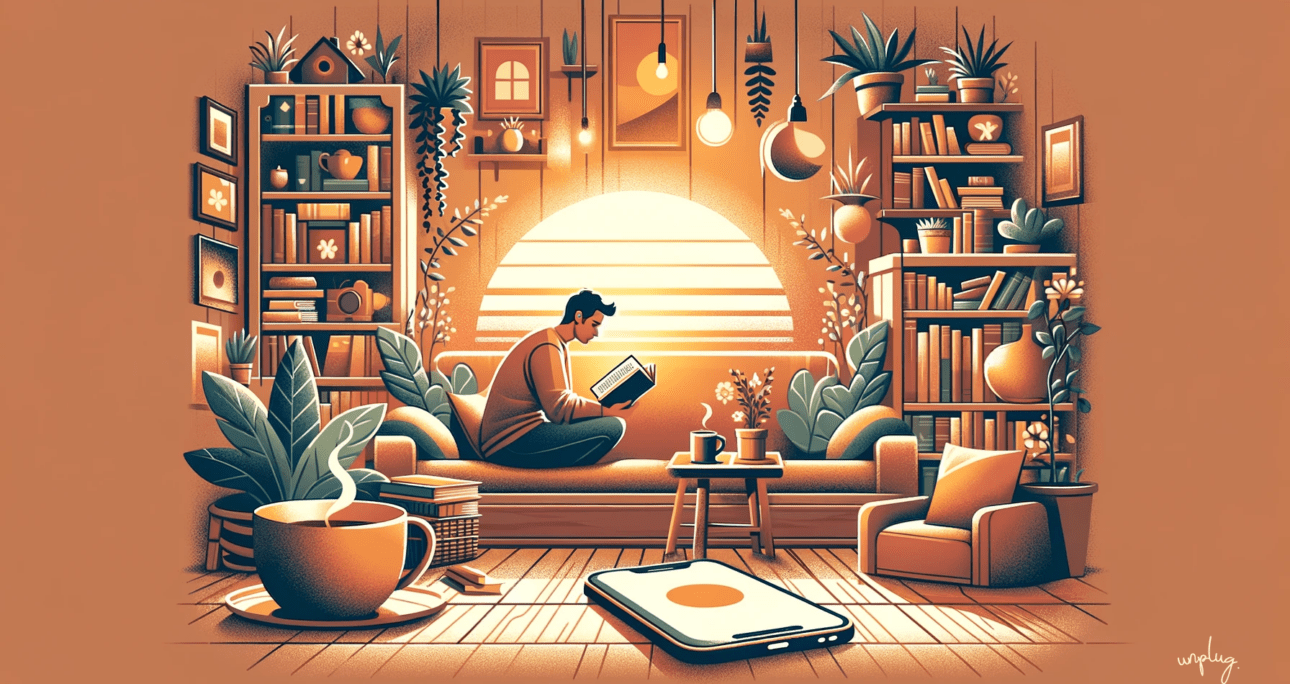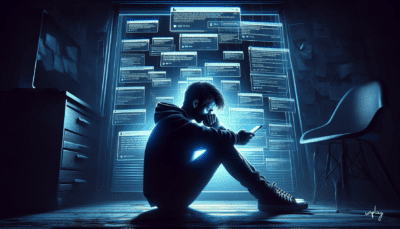The essence of unplugging is not to deny the value or reality of digital connections but to recalibrate our relationship with technology. It’s about mindfulness—choosing when and how to engage with digital tools rather than being passively consumed by them. Unplugging allows us to question which aspects of technology serve us and which detract from our well-being. It’s a practice in intentionality, encouraging deeper connections with the world and people around us, unmediated by screens. In this view, unplugging isn’t about rejecting technology but about fostering a more thoughtful, balanced approach to its use.
The concept of unplugging in microformats promotes small, intentional breaks from technology, aiming for a healthier balance in our digital lives. Experts like Cal Newport, author of “Digital Minimalism,” advocate for the judicious use of technology, suggesting activities like scheduled tech-free periods or engaging in offline hobbies. Similarly, in “Reclaiming Conversation,” Sherry Turkle emphasizes the importance of face-to-face interactions over digital communication for deeper connections. The Unplug Project underscores not a rejection of technology but a mindful approach to its use, focusing on its impact on our relationships and well-being. It encourages us to reflect on how technology serves us and, when it becomes a distraction, advocate for intentional usage that enhances rather than detracts from the quality of our lives.
The Unplug Project is more than a call to put down our devices; it’s a movement towards reclaiming the spaces in our lives that technology has encroached upon, inch by inch. This isn’t about vilifying the digital world but about recognizing the need for spaces and times that remain untouched by its constant buzz. It’s about understanding that while technology can augment our reality, it shouldn’t replace the textures of direct experience: the warmth of a handshake, the richness of a face-to-face conversation, or the tranquility of moments spent in nature.
As we navigate through the digital world, the lines between work, social life, and personal time blur, often leading to a sense of fragmentation. The Unplug Project advocates for setting clear boundaries, such as designating tech-free zones in our homes or specific times of day when devices are turned off. This practice isn’t just about reducing screen time; it’s about creating opportunities for our minds to rest, for creativity to flourish, and for our attention to deepen.
Moreover, the project encourages engaging in activities that foster a sense of presence and mindfulness. This could mean taking up a new hobby that requires hands-on engagement, like painting, gardening, or playing a musical instrument. It could also involve more simple acts, such as mindful walking or journaling. These activities are not only beneficial for our mental health but also serve as powerful reminders of the joys that exist outside the digital realm.
The benefits of such a balanced approach are manifold. Research has shown that excessive screen time can lead to increased feelings of anxiety and depression, disrupt sleep patterns, and contribute to a sedentary lifestyle. By mindfully unplugging, even for short periods, we can mitigate these effects, improving our physical and mental well-being. Furthermore, by fostering real-world interactions, we can build stronger, more meaningful relationships. The act of being fully present with others—without the distraction of a buzzing phone—can deepen connections in ways that digital communication simply cannot replicate.
Yet, the journey towards a more balanced digital life is not without its challenges. The convenience and immediacy of digital devices have made them almost indispensable in our daily lives. The fear of missing out (FOMO) can make it difficult to disconnect, even when we recognize the benefits of doing so. Here, the Unplug Project offers practical advice: start small, be consistent, and be forgiving of setbacks. It’s not about achieving perfection but about making incremental changes that lead to a more balanced and fulfilling life.
In embracing the Unplug Project, we’re not just reclaiming our time from digital demands; we’re also rediscovering the richness of the unplugged world. We’re giving ourselves the space to breathe, to think, to connect, and to be. In a world where our attention is the most coveted currency, choosing where to invest it becomes a powerful act of self-determination.
The Unplug Project isn’t advocating for a life devoid of technology but for a life where technology serves us, not the other way around. It’s a call to be more mindful of our digital consumption, to recognize when technology enhances our lives and when it detracts from them. By finding the right balance, we can enjoy the benefits of the digital age without losing sight of what makes life truly meaningful: the connections we make, the experiences we have, and the moments of stillness that refresh and renew us.





